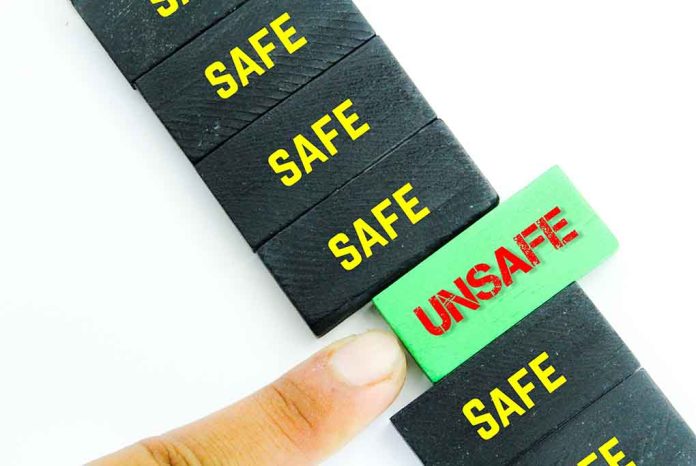
(NewsSpace.com) – In today’s era, there are several different traumas and crises that children encounter. While parents can’t protect their kids from all occurrences, they can help mitigate the damages by keeping open lines of communication and being proactive in talking about potential situations that can happen and how to respond. The FBI has created a list of vital steps parents and caretakers should keep in mind.
Communication is Essential
Breaking traumatic news to a child is never an easy task. Some may be too young to fully understand what you’re telling them and there’s no telling how they will react, especially when they’re at an age where they can’t control their emotions. If you find yourself in the challenging position of having to break some devastating news, there are some tips to fall back on.
Tell Them Alone
It’s best to break traumatic news to a child alone and a parent or caretaker, someone the child is close to is best. Take them somewhere quiet and calmly explain the situation. If you’re relaying the news of a death, be aware that age factors into how well a kid handles the revelation. The younger they are, the more difficulty they may have in understanding what’s happening. Generally, children over the age of 9 will understand the permanence of the situation
Honesty Above All
It’s tempting to consider skirting around the news or trying to explain it in a different way, but the FBI cautions that honesty is the best way to go, because otherwise kids can become confused.
Consider Your Delivery
When delivering traumatic news, you might be going through a terrible time yourself. Children can pick up on these cues, so keep the delivery soft and succinct. Consider the child’s age and what they can reasonably process, then give them time to do just that.
Follow-Up After
Children will often take time to digest the news they’ve received, so be sure to follow up. Let them know it’s okay to express emotions and more importantly, let them know you’re there to answer any questions or provide any comfort they may need.
Don’t Be Afraid to Seek Counseling
Counseling can be very beneficial to children who are going through a loss or traumatic event. A therapist, psychologist, or counselor can help your child navigate the messy emotions they’re likely experiencing, teach them coping methods, and how to express them healthily and safely. Oftentimes, counseling lasts a few weeks or months following the trauma or crisis. But, sometimes, it can last for years.
Copyright 2024, NewsSpace.com










